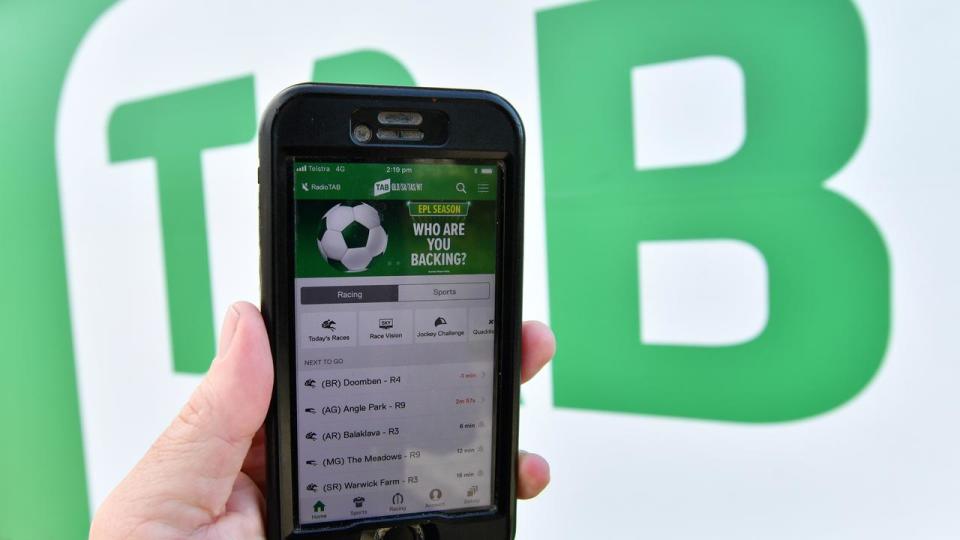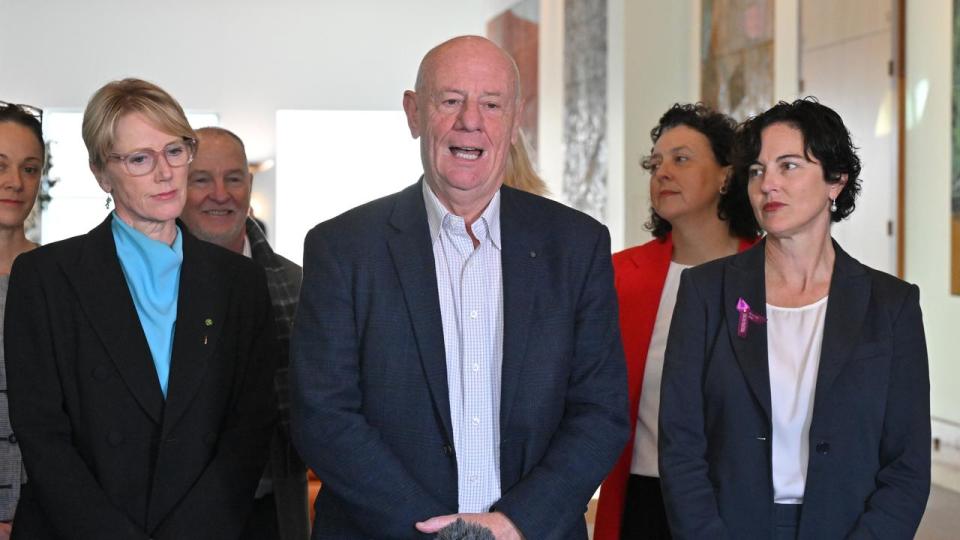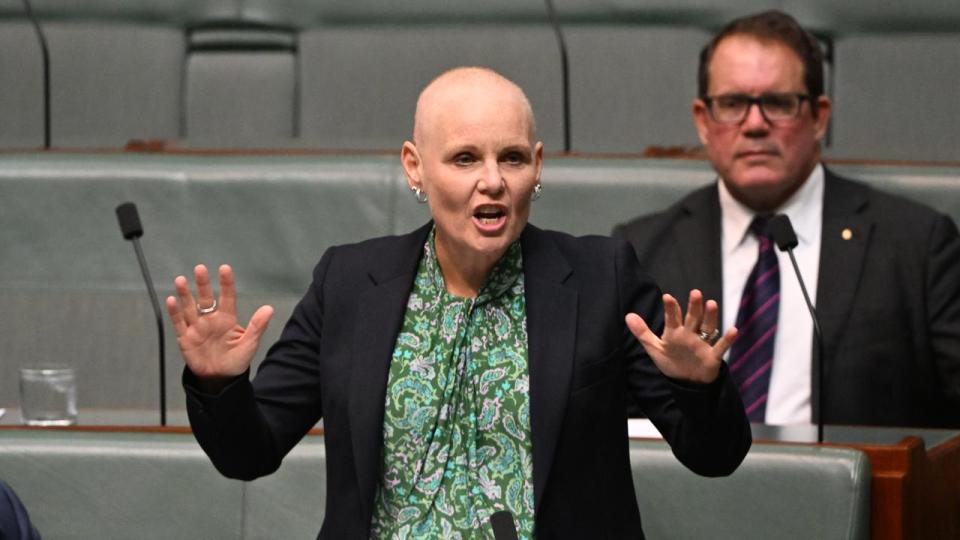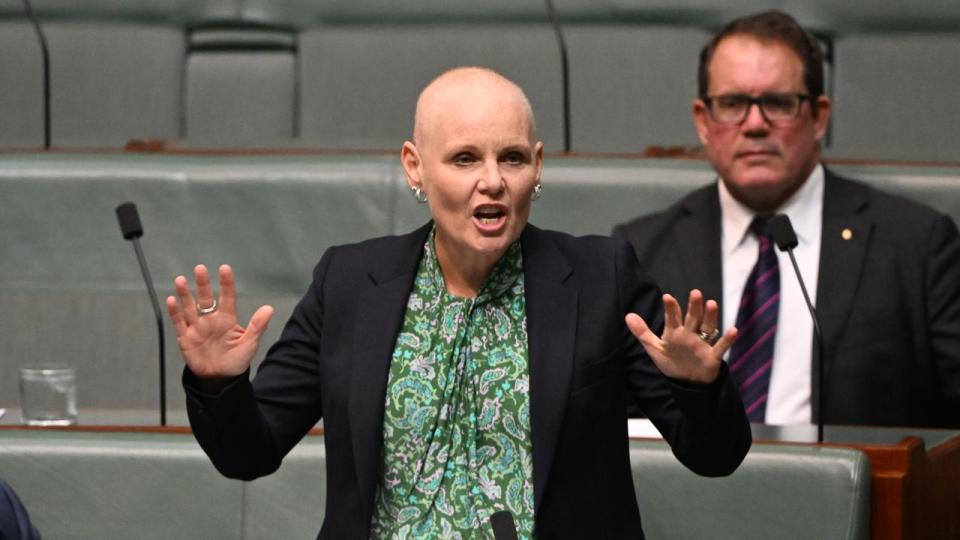Former gambling addict Mark Kempster struggles to watch live sport because every broadcast is teeming with betting advertisements.
Mr Kempster lost close to $100,000 during his 10-year addiction battle, which he says was prolonged by his constant exposure to gambling ads.
“I felt that I couldn’t get away from it,” he told AAP.
“You can’t watch football, you can’t watch cricket, you can’t watch any sport without them telling you about the odds.
“I don’t watch a lot of live sport any more because I’m afraid of seeing ads all the time.”

He says he is now in a good place and uses his time to help others through their addictions, but gambling ads push many into their old ways.
The federal government must implement a total ban, Mr Kempster says.
“At the moment (the government) are not protecting the Australian people with the way they’re letting gambling advertising run through the media,” he said.
The late Labor MP Peta Murphy handed down a landmark review in 2023 calling on the government to phase out all gambling ads across three years to allow sporting codes to find replacement revenue.
But reports suggest the federal government won’t adopt the centrepiece measure, instead opting to impose a limit on when gambling ads can be shown.
Alliance for Gambling Reform chief advocate Tim Costello likened the watered-down proposal to the partial ban placed on tobacco advertisements during the 1970s.
“Partial bans, as we saw when we tried with tobacco, simply don’t work,” he told reporters in Canberra on Monday.
Australians lose more money gambling per capita than anyone else in the world, with $25 billion lost on legal forms of gambling every year, according to the Australian Institute of Health and Welfare.
In an open letter to the prime minister and opposition, the alliance said gambling losses exacerbated social harms like physical and mental health issues, partner violence, family break-ups and suicide.

Gambling marketing also sends positive perceptions of the industry to children, Deakin University public health professor Samantha Thomas said.
“We need the government to act in the best interests of children, not in the interests of the corporations who make money from this predatory industry,” Prof Thomas told reporters in Canberra.
“Partial bans only lead to partial solutions.”
Parents such as Mr Kempster say they are concerned about their children’s futures.
“I’m terrified of the world (my son) is going to come up in where he’s going to be shown gambling ads every minute of every day,” he said.
“If we don’t change something now, we’re going to bring up a generation of gamblers.”
Ms Murphy’s husband Rod Glover told Nine newspapers the ad ban had been his wife’s “final game” and urged politicians to “put people first and think about what kind of future you want to create”.
Ms Murphy died in December after battling breast cancer.
Senior minister Clare O’Neil said the government was taking the issue seriously.
“Peta Murphy was a friend of mine and a dear friend of many people in the caucus, as is her husband,” she told ABC Radio.
“She’s a big motivator for us in parliament, and there was no stronger advocate for these reforms than Peta Murphy – so we’ll be thinking of her.”

But independent politicians say a fear of media companies and the major sporting codes have prevented the government from committing to meaningful gambling reform.
Senator Jacqui Lambie has urged the government to “show some goddamn courage”.
“You have a perfect opportunity to make a difference,” she said.
Nationals leader David Littleproud has called on government to treat passive advertisements, such as sponsorships, differently to “push” ads where odds are placed in front of sports viewers to encourage them to bet.
“People have the right to be able to gamble, but we’ve got to be careful about that advertising,” he said.
Lifeline 13 11 14
beyondblue 1300 22 4636
